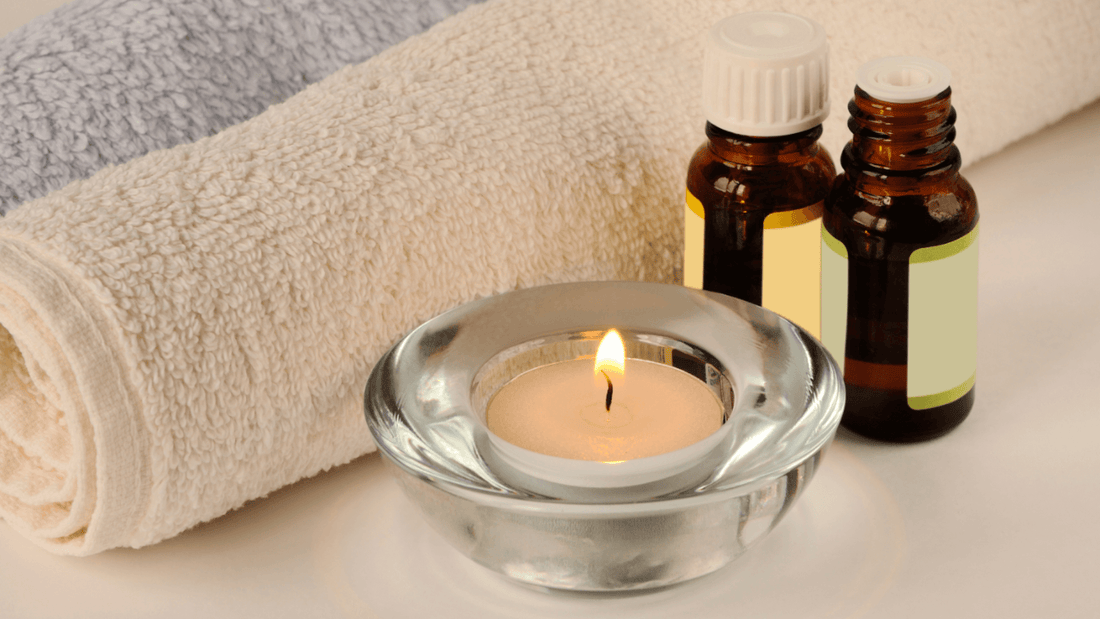Introduction
Scent-based therapy, commonly known as aromatherapy, has gained substantial attention among wellness enthusiasts seeking natural remedies. However, its scientific credibility often sparks debates. This article aims to explore the credibility of scent-based therapy, investigating its scientific foundation and benefits for enthusiasts and skeptics alike.
Is Scent-Based Therapy Pseudoscience?
Scent-based therapy, though categorized as alternative medicine, surpasses mere pseudoscience. While certain aspects may lack exhaustive scientific validation, numerous studies support its therapeutic effects. This practice involves using essential oils extracted from plants for their aromatic and potential medicinal properties, impacting mood, cognition, and health.
Scientific Basis of Scent-Based Therapy
Essential oils contain compounds that show potential therapeutic effects. For instance, lavender oil, recognized for its calming properties, has demonstrated effects on the nervous system, promoting relaxation and improving sleep quality, as evidenced by research.

Understanding the Benefits of Scent-Based Therapy
Many enthusiasts attest to the positive impacts of scent-based therapy. Believers assert that inhaling or topically applying essential oils alleviates headaches, improves skin conditions, and potentially aids in managing certain chronic conditions. While experiences may vary, growing evidence supports these claims.
Scent-Based Therapy and Mental Health
Studies suggest that specific essential oils, such as peppermint or lemon, can enhance cognitive function and improve focus. Additionally, the use of oils like bergamot or ylang-ylang may positively influence mood, offering potential relief for individuals dealing with mild depressive symptoms.

Addressing Criticisms and Limitations
Despite its benefits, scent-based therapy isn't without limitations. Critics often point out the lack of extensive scientific studies or standardized practices in the field. Additionally, individual responses to essential oils can vary, emphasizing the need to approach scent-based therapy as a complementary, rather than standalone, treatment.
Conclusion: Scent-Based Therapy as a Complementary Wellness Practice
Though scent-based therapy may not have widespread scientific backing, more people are recognizing its beneficial impacts on mental and physical well-being. Embracing it as a complementary practice alongside conventional treatments can provide a holistic approach to health and wellness.
FashionHomeClub, crafted on November 19, 2023, in Los Angeles. Feel free to reach out and join me in exploring this topic further.

